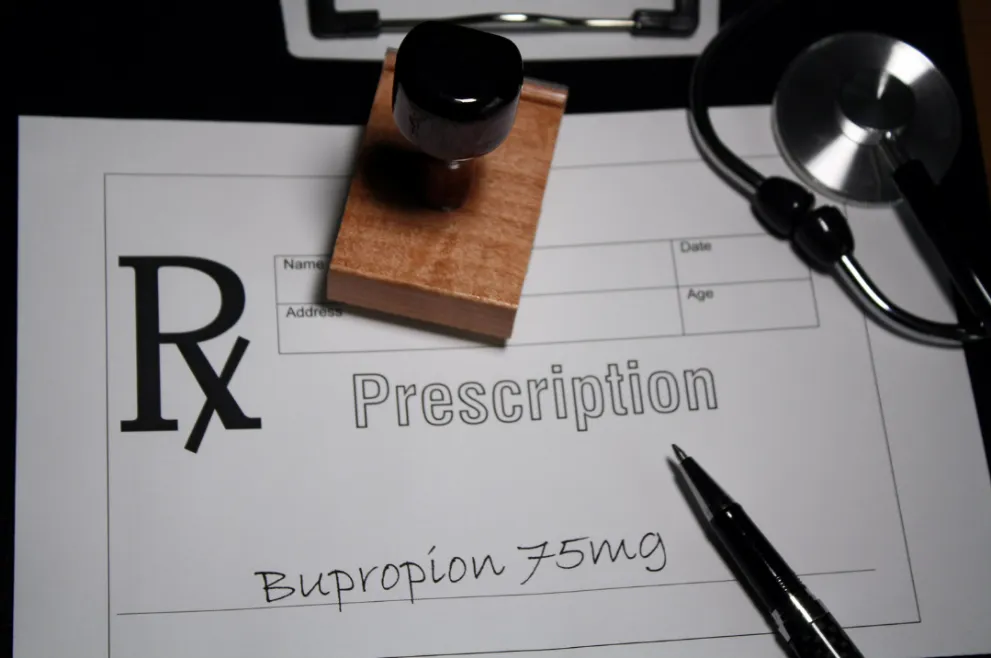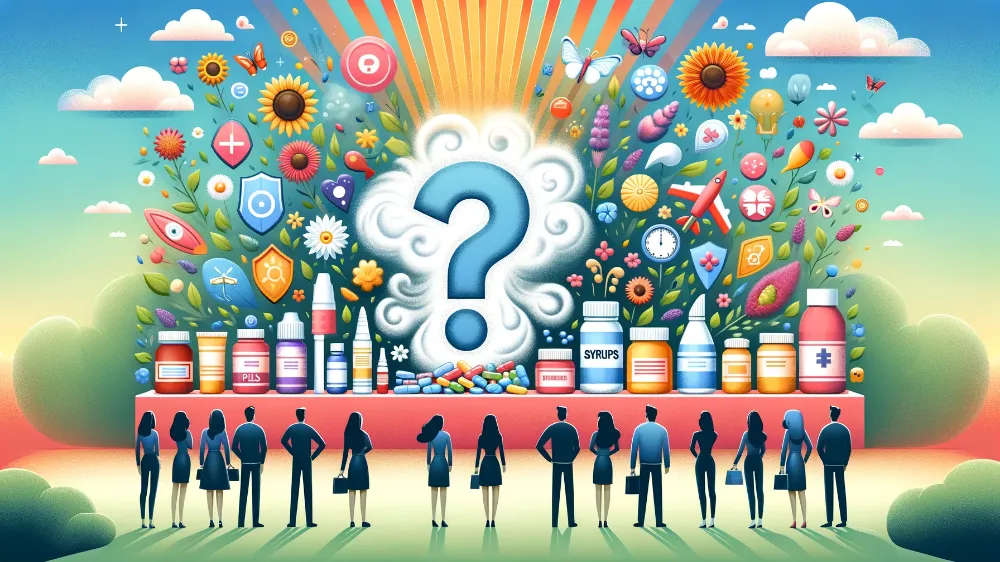66% of those affected take medications. Identifying the best antidepressant for your condition can be challenging. There are a significant number of medications available and whether they will work well depends on the individual. Keep reading to learn how you and your healthcare provider can select the best option for you.
What are antidepressants?
Antidepressants are prescription-only medications indicated to treat depression and other psychological disorders such as anxiety.
What are the different types of antidepressants?
Antidepressants are divided into five classes:
Selective Serotonin Reuptake Inhibitors (SSRIs): SSRIs are one of two common first-line therapies for depression. They function by raising the brain's concentration of serotonin, a hormone that regulates mood. It may take up to 6 weeks before experiencing the therapeutic effect of SSRIs. Common SSRIs include citalopram (Celexa), escitalopram (Lexapro), fluoxetine (Prozac), paroxetine (Paxil), and sertraline (Zoloft).
Selective Norepinephrine Reuptake Inhibitors (SNRIs): SNRIs are another first line option to treat depression. SNRIs raise the levels of norepinephrine and serotonin in the brain. These two hormones improve focus and alertness. Examples include desvenlafaxine (Pristiq), duloxetine (Cymbalta), and venlafaxine (Effexor).
Tricyclic antidepressants (TCAs): TCAs raise the brain's levels of serotonin and norepinephrine. For some people with severe depression, they can be very effective, but they are typically not as well tolerated as SSRIs and SNRIs. TCAs have a higher risk of adverse effects and are typically prescribed by healthcare professionals when other drugs have failed. Examples include amitriptyline, desipramine (Norpramin), doxepin (Silenor), and nortriptyline (Pamelor).
Monoamine Oxidase Inhibitors (MAOIs): Due to the significant risk of major side effects, and pharmaceutical and dietary interactions, MAOIs are not commonly prescribed. However, research has demonstrated that this class of antidepressants can be useful for treating depression that has not responded to other treatment. Examples of MAOIs include isocarboxazid (Marplan), phenelzine (Nardil), selegiline (Carbex), and tranylcypromine (Parnate).
Atypical antidepressants: This class includes medications that do not fall under the other classes of antidepressants. Their exact mode of action is largely unknown, though it is believed that they work by affecting neurotransmitters used to communicate between brain cells. Examples include trazodone (Desyrel), mirtazapine (Remeron), and bupropion (Wellbutrin).
Which antidepressants are best?
According to the American Psychiatric Association (APA), no antidepressant is more effective than another in treating depression. The best antidepressant is individual-specific; it is the one that provides the greatest therapeutic benefit to the patient with the fewest negative effects. However, SSRIs and SNRIs are typically better tolerated than other groups by the majority of patients. They also help alleviate anxiety, which can co-occur with depression.
How do doctors choose the most effective antidepressant?
Your doctors will need to know if you have used any antidepressants in the past. If you've previously used antidepressants, they’ll evaluate your experience with them to help determine which one will be most effective. However, if you have never taken an antidepressant, your doctor will likely base their recommendation on the medication's potential side effects.
For example, for patients with chronic pain conditions, SNRIs may be preferred over SSRIs because they are more well-tolerated. Additionally, bupropion (Wellbutrin) may be preferable if you are concerned about erectile dysfunction because SSRIs and SNRIs are more frequently linked to sexual issues. Additionally, trazodone is preferable for patients who suffer from both depression and insomnia because it tends to make people feel very sleepy. Your provider may be able to offer a genetic test to determine whether you might be prone to adverse reactions with certain antidepressants, though this may not be covered by insurance.
Which class of antidepressants is most prescribed?
SSRIs are favored as the most commonly prescribed class of antidepressants because of their effectiveness and low side effect profile. Also, SSRIs are relatively cheap because of the availability of many generic versions. SNRIs and bupropion are also common choices.
Which antidepressant works the fastest?
Although it typically takes 4-6 weeks to notice any antidepressant's therapeutic effect, how quickly it takes effect depends on the patient. Get in touch with your doctor for a review if you don't see any changes after 8 weeks of use.
Can antidepressants cause withdrawal symptoms?
SSRIs and SNRIs can cause withdrawal symptoms, so stopping them without talking with your doctor first is not recommended. Withdrawal symptoms can include insomnia, headaches, nausea, an electric shock-like sensation, and flu-like symptoms. To lessen or avoid withdrawal symptoms, your healthcare professional may work with you to taper off your dosage.
How can I save money on my antidepressant medications?
Using a prescription discount program like the RxLess discount card is a great option that typically gives you the best price, often costing less than insurance copays. It is free to use and can save you up to 88% on your prescription. Even those with health insurance or other health coverage can use RxLess at most pharmacies, including CVS, Rite Aid, and Walgreens.

















